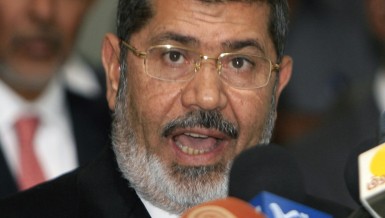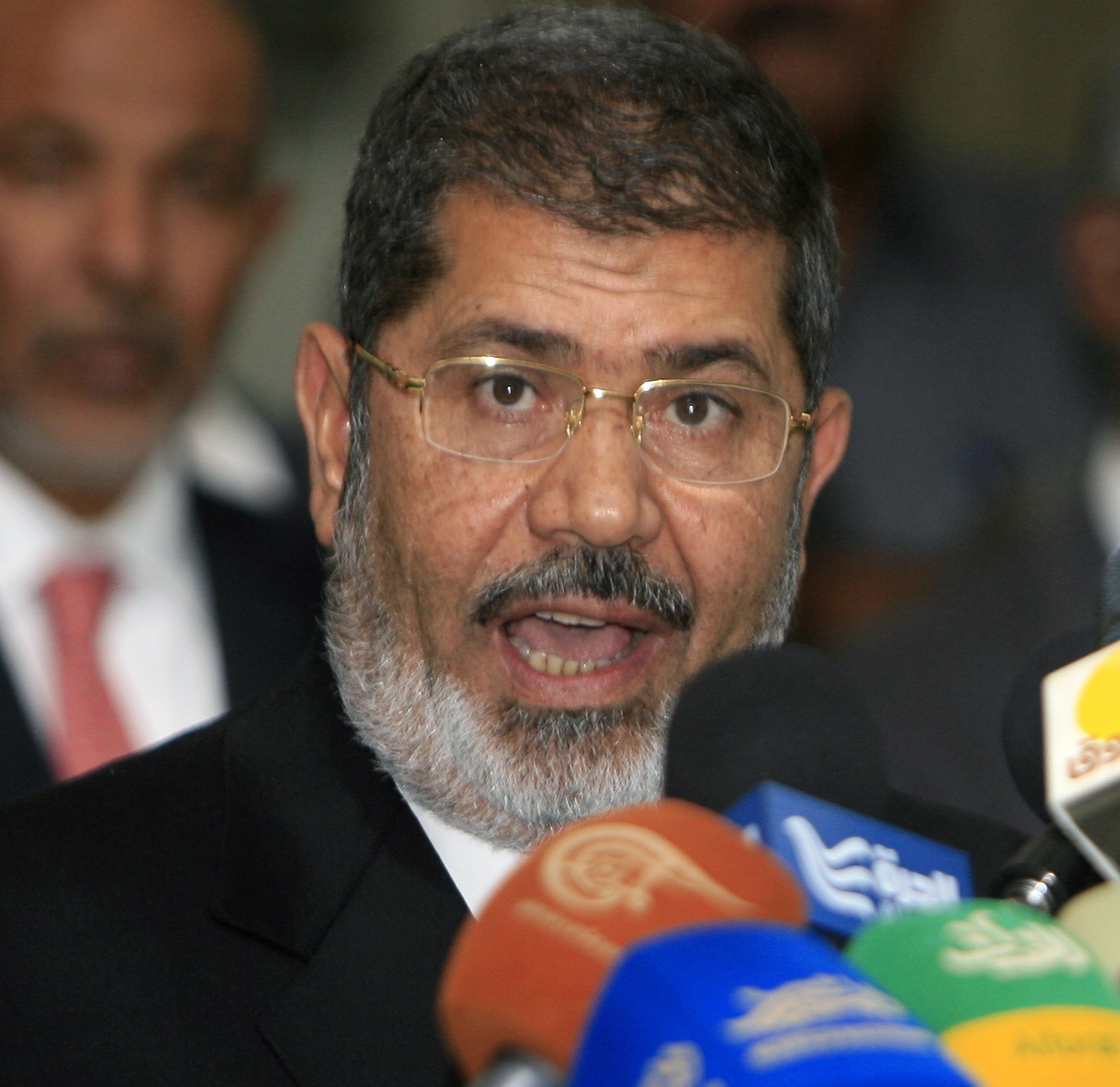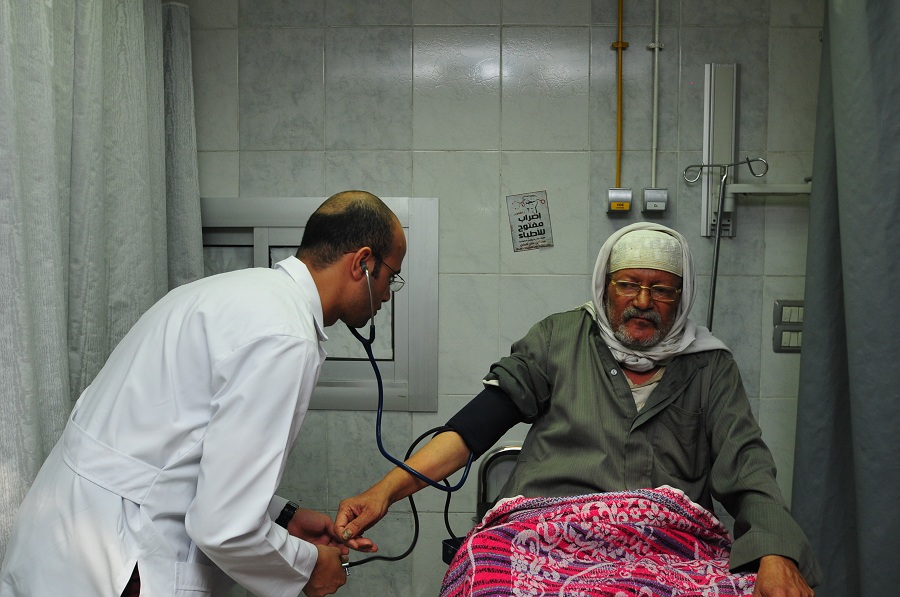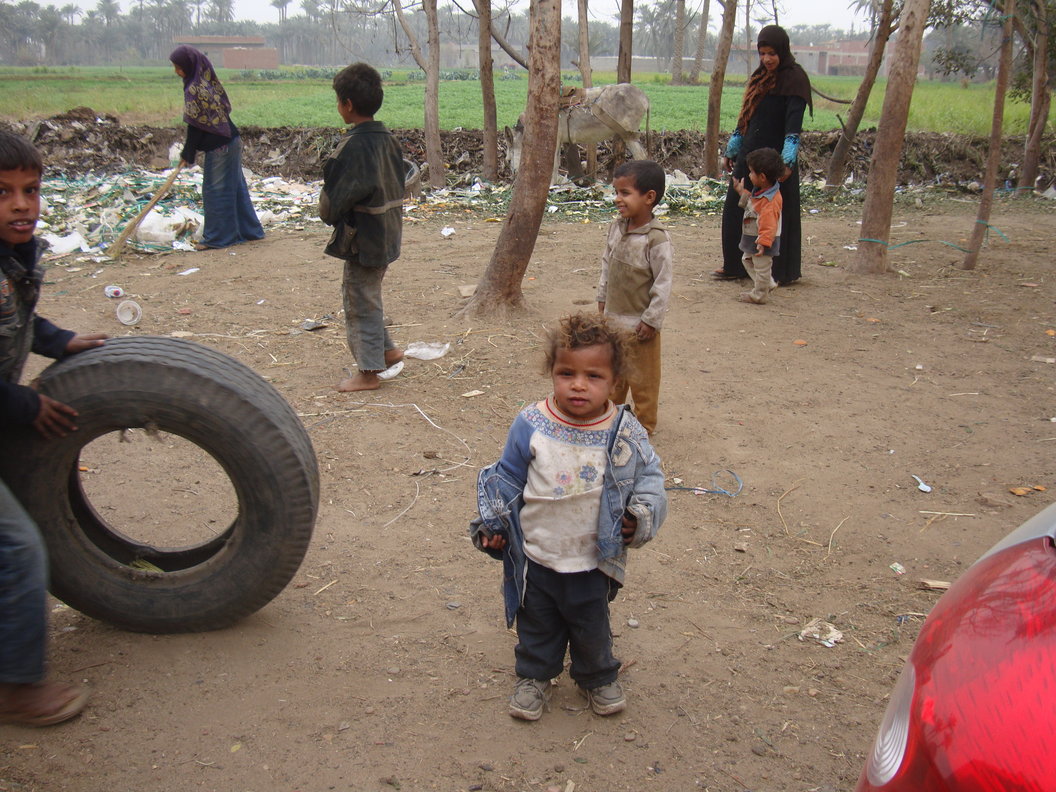
(AFP File Photo)
An African Union (AU) fact-finding delegation currently in Egypt met ousted president Mohamed Morsi on Wednesday.
The delegation arrived in Cairo on Saturday for a 10 day visit to meet authorities following the country’s suspension from all union activities.
Festus Mogae, former president of Botswana and delegation member, said Morsi told them that he was ousted from power and that he feels “aggrieved”, according to state-run news agency MENA.
In a press conference Wednesday after the delegation’s meeting with Arab League secretary general Nabil Al-Araby, Mogae said the delegation had assured Morsi that as a “leader”, he should take part in maintaining peace and preventing violence.
He said Morsi told the delegation that he was incapable of taking action while he has no contact with the media or with many of his followers. Mogae said the delegation nevertheless urged Morsi to convince his followers to pursue peace in the country.
Badr Abdel Atty, Ministry of Foreign Affairs spokesman, said the delegation met Morsi on strictly “humanitarian” grounds.
“They wanted to check if he’s in a good condition and if he’s being treated with respect,” Abdel Atty said.
Alpha Oumar Konaré, former president of Mali and chair of the delegation, said the delegation had heard enough about the incidents of 30 June to describe it as a “popular revolution and not a military coup”, MENA reported. Konaré reportedly added that the armed forces’ intervention after 30 June was to “prevent a civil war and not to seek power”.
The AU peace and security council held a ministerial level meeting on Monday to assess the situation in Egypt. In a press statement released by the council on Tuesday, the council urged Egyptians to work together towards achieving “an inclusive transition that would lead to the early return of constitutional order in the country.”
The PSC voiced its concerns over violence events in Egypt and the casualties resulting from such incidents. It also outlined the need for respecting human rights and fundamental freedoms.
Konaré said in the press conference that suspending Egypt’s activities in the AU was not a punitive action but a pre-emptive measure to gather further information about the situation. He added that the delegation’s visit aims to reach out to different actors following the suspension.
Abdel Atty described the decision to suspend Egypt from the AU’s activities as “rash”. “Suspending Egypt was a huge mistake which harms African cooperation,” he said.
The foreign ministry spokesman stated it was not concerned about the AU’s decision. He added that Egypt is a key state within the continent.
The AU peace and security council stressed in its statement “the critical importance of Egypt to the rest of the African continent”. It stated that Egypt contributes to the continent’s key objectives, adding that a “stable, democratic and peaceful Egypt” is an important “asset” for the union.
Konaré said the decision to suspend Egypt was taken according to a resolution issued in 2000 which states that any African country which undergoes a military coup is suspended from the union. He added that the resolution failed to differentiate between military coups and popular revolutions, a matter which necessitated a fact-finding mission to further understand the situation.
Konaré said the AU had wanted to send a fact-finding delegation before 30 June. The delegation, nevertheless, was denied permission to visit the country.
The delegation had already met interim President Adly Mansour, Minister of Defence Abdel Fatah Al-Sisi, Vice President for International Relations Mohamed ElBaradei and Minister of Foreign Affairs Nabil Fahmy. They also met leaders from political movements such as 6 April movement and the Tamarod rebel campaign.
Dileita Mohamed Dileita, former Djiboutian prime minister and delegation member, said at Wednesday’s press conference that the delegation is scheduled to meet Muslim Brotherhood representatives, as well as representatives from Al-Azhar, the Coptic Orthodox church, Al-Nour Party and the National Council for Women.
The commission is due to present a report of their findings to AU Chair Nkosazana Dlamini-Zuma in the coming weeks.


